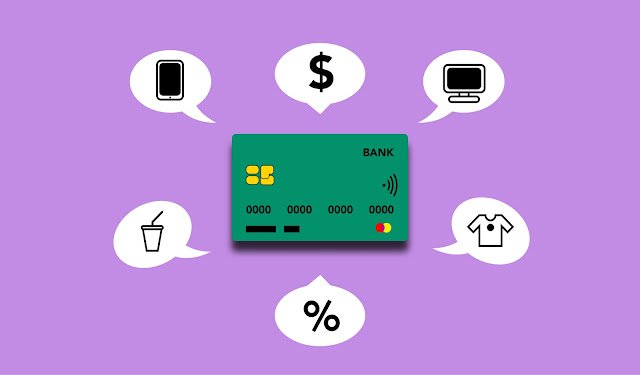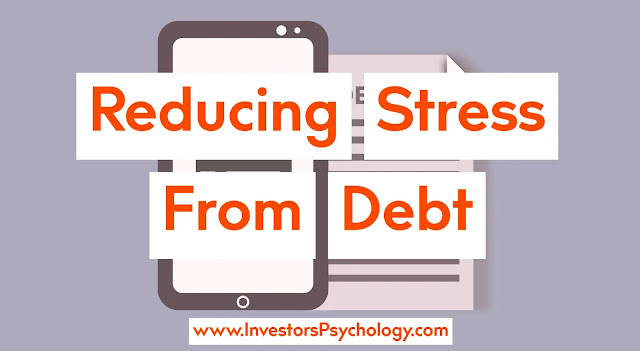When the Economy Falters, Minds Suffer Too - Recessions Effect on Mental Health

Recessions Effect on Mental Health Economic downturns are often discussed in numbers, i.e. GDP declines, unemployment rates rise, inflation eats into purchasing power. Yet beneath these statistics lies a quieter, more personal crisis: the mental well-being of ordinary people. When economies contract, anxiety expands. The uncertainty surrounding income, job stability, and personal security weighs heavily on individuals, families, and communities. This psychological dimension of economic decline is often underestimated, but it has profound and lasting effects. The topic has been studied extensively and I suggest reviewing the 2016 metanalysis by Frasqhuilo et al as a complementary read to this article. Financial Stress as a Psychological Burden Money is rarely just about money. It represents autonomy, safety, and a sense of control over one’s life. During an economic downturn, these pillars weaken. Research shows that financial insecurity correlates strongly with symptoms of depression ...






